The Government of India launched Azadi Ka Amrit Mahotsav to honor and celebrate 75 years of independence as well as the illustrious past of its people, culture, and accomplishments. This initiative is devoted to the Indian citizens who have contributed to the advancement of India along its evolutionary path.
Even in terms of sports, India has a very illustrious past. Indian athletes have excelled and succeeded in a range of sports disciplines at all levels, including local, national, and international competitions.
Since attaining independence on August 15, 1947, India has come a long way in sports, from winning its first-ever Olympic gold medal in field hockey in 1948 to producing one of the best-ever performances at the Tokyo Olympics and Paralympics last year and the recently concluded Commonwealth Games 2022.
Here’s to a plethora of sports legends and their achievements as they continue to serve as an example for people from all facets of life. In an exclusive interview, they speak about the pride of representing the nation, the value of the national flag, and what it is like to sing the national anthem after winning a medal.
A man with a golden arm
Millions of people became emotional after hearing the national anthem at the Olympics for the first time since Beijing 2008. A fitting conclusion to the story of Neeraj Chopra, who discovered the sport while trying to shed some weight and overcame a slew of injuries to give Indian athletics its greatest moment on the world’s biggest sporting stage.
While the Olympic victory from the previous year did not completely subside, Neeraj Chopra put up another stupendous performance with his first-ever podium place at the World Championships. His legacy had already been cemented in gold by the historic Olympic victory, but the performance in Eugene made it even more plated.
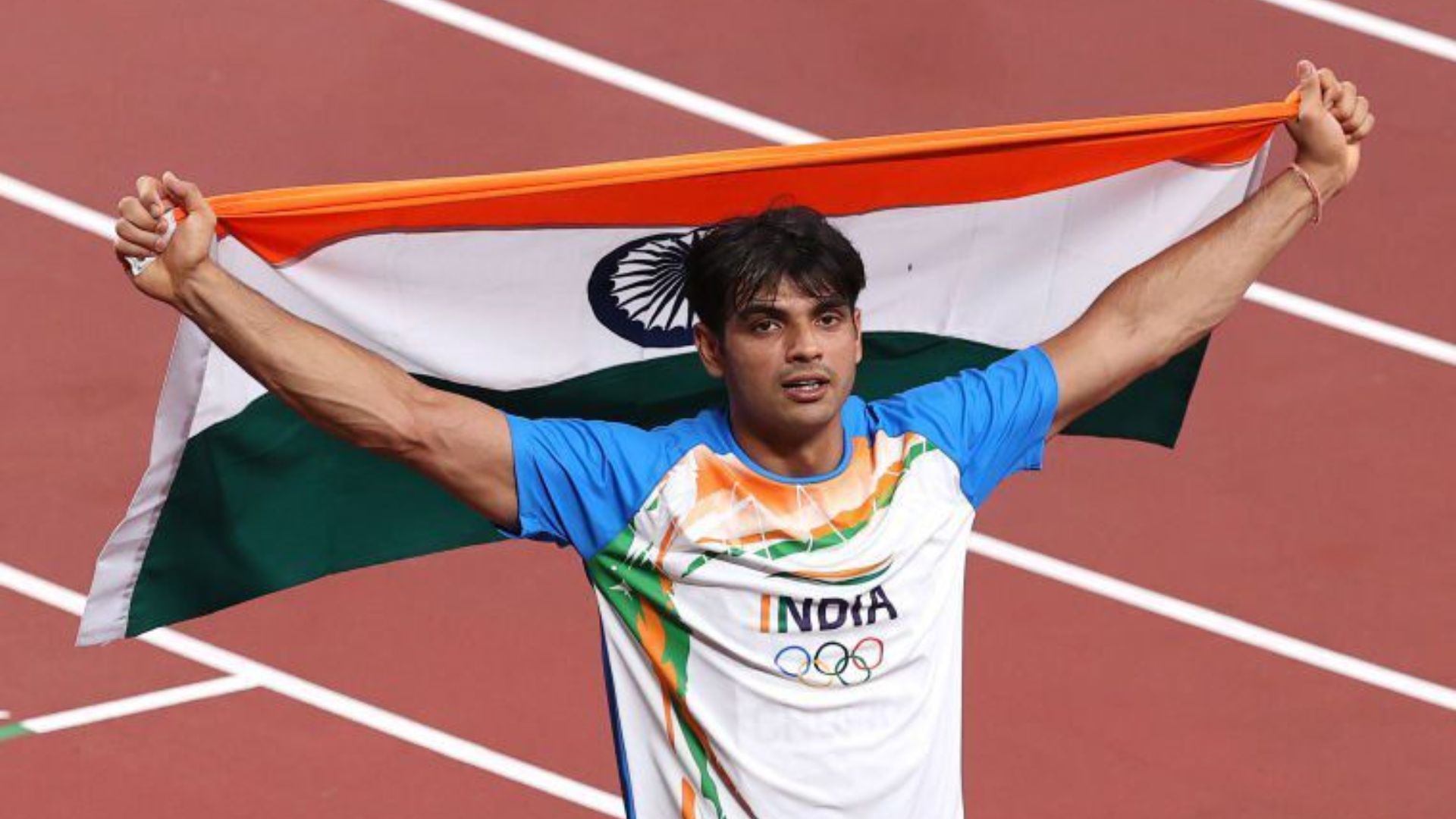
“As a soldier, I believe that everybody feels a sense of pride whenever our National Anthem is played. Our country garners immense respect from the people and other nations, and when our anthem plays on foreign soil, people, athletes, and officials all show great respect to both our anthem and country,” he said, on asking him how it feels when you see the tri-color flying high.
“The respect that we have for our flag is finally getting inculcated in the youngsters, and that respect should last forever. I just want to say, obviously respect the flag always, but also stay fit,” he added.
Wrestler Ravi Kumar Dahiya’s Olympic medal at Tokyo
Ravi Kumar Dahiya, 24, of Haryana, has now won silver at the Olympics, bronze at the World Championships, and gold at the Commonwealth Games. Over the past two years, he has been India’s most dependable wrestler. He shared his experience of representing the nation on the grandest stage and what it feels like to win an Olympic medal.
“Trying to describe that moment in itself is very difficult. When the national flag flies high because of an athlete, I don’t think there is any bigger thing than that in life. When the national anthem is playing for you in front of an overseas crowd, it gives you goosebumps. The government has supported us a lot. You could see how active the Prime Minister was during the Olympics and Paralympics. They have helped sports grow in the right direction,” he said.
India’s savior, PR Sreejesh
There were seven seconds left in the game, and the first Olympic hockey medal was far from certain. The Indian men’s hockey team received the loudest cheering during the Tokyo Olympics, but not after a goal. It was a save that received the highest applause.
However, PR Sreejesh didn’t allow the past to repeat itself. To change history, he was there. Indian hockey was making new history. And he did that. Sreejesh made sure they crossed the finish line with the last of many saves that had slowly advanced Indian hockey to that point in Tokyo. He had a promise to keep, therefore it had to be him. He says you turn into an ambassador who represents the nation when you step onto the field.
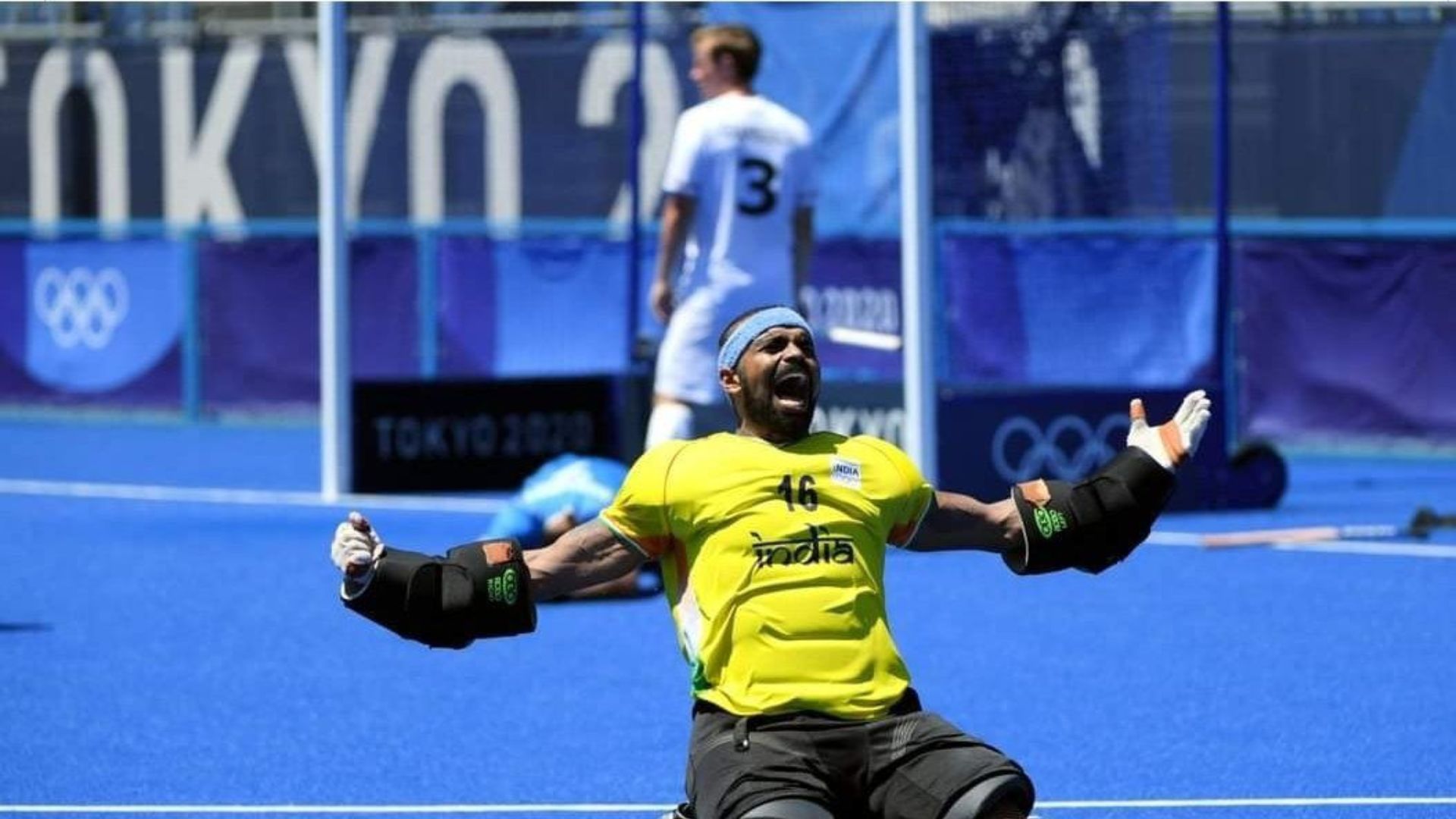
“That is something that can only be felt by an athlete or a sportsperson who has been in that situation. You are a normal person, but when you go on the field you become an ambassador who represents 1.38 billion people. When you sing the national anthem, it reminds you of your responsibility. It gives you goosebumps; it reminds you of your fans, family, and friends. It was a special moment when we received the medal and the national flag was rising.”
They made the country proud at the Tokyo Paralympics. They are already preparing for the Paralympics in Paris in 2024, not willing to rest on their laurels. We are showcasing the para-athletes who have persevered through the most difficult obstacles to keep their lights on.
Suhas L Yathiraj, the country’s first-ever IAS officer to win a medal at the Paralympics
Suhas Yathiraj’s self-confidence, perseverance, discipline, and love of the sport have served as his compass points along the way and have inspired many athletes. He believes India is becoming a sports-playing nation.
“For a sportsperson or any human being, there is no better feeling than to see the tri-colour up in a country where the highest sporting competitions in the world are being held. In the new India, sport is flourishing, Indian culture is being celebrated, and as a society, we are maturing continuously. India has always been a sports-loving country, but the last few years have transformed India, or rather its youth, from a sports-loving youth to a sports-playing youth.”
2 gold and 1 silver. Devendra Jhajharia, India’s one-armed javelin legend
Devendra Jhajharia and India have both come a long way since winning a gold medal in Athens in 2004, where he represented India by funding his trip and winning a silver at the age of 40 with all the facilities provided.
“There has been a massive development, especially in Paralympics. During the 2004 Paralympics, when I went to Athens to represent the country, I paid for my trip. A player who purchased his ticket, his kit, and then went on to win a gold medal by breaking a world record was an extremely proud feeling,” he said.
“In 2021, we had a Target Podium Olympics Scheme (TOPS). A player had access to a coach, fitness trainer, nutritionist, and physiotherapist, so we have seen a huge change. Our honorable Prime Minister had a vision and he has done an incredible job. There has been a big development in paralympic sports in the last few years, and you can see that change. Before Tokyo, India had only won 12 medals, and in the Tokyo Olympics we managed to win 19 medals,” he added.
Bhavina Patel, India’s silver medallist at the Tokyo 2020 Paralympic Games
Bhavinaben Patel, who was competing in her first Paralympic Games, had a great tournament in Tokyo when she defeated four players who were ranked higher than her.
The government’s Target Olympic Podium Scheme (TOPS) has given the nation’s sport a completely new perspective; athletes now just need to focus on doing their tasks well rather than worrying about the particulars or the costs. Most of the athletes believe the same, and so does the first-ever Indian table tennis player to earn a place on the podium at the Paralympic Games.
“Because of the campaigns our Prime Minister ran, for example, ‘Khelo India’ and ‘Accessible India for Paralympians’, because of all this, a lot of awareness was there. People’s perspectives have shifted; we as athletes had never received such extensive media coverage, and this was the first time we had won so many medals,” she said.
“The government has supported the athletes-Sports Authority of India, Paralympic Committee of India, Olympic Gold Quest, ESIC (my office). These organizations provided me with a platform. There is a rise in awareness because our PM is actively involved in making sports better in India,” she signed off.
The golden period of Indian sports is knocking on the doors and may it continue to rise higher. May the Nation awake to a new era of more progress and greatness.





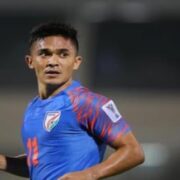





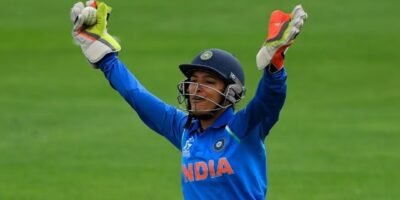
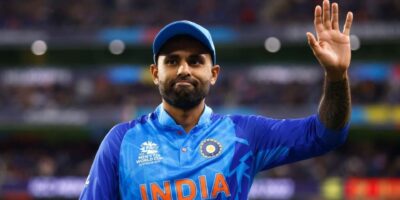
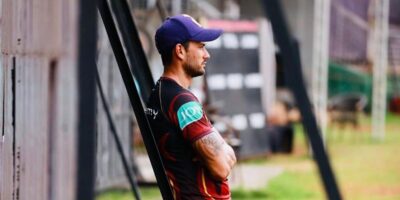
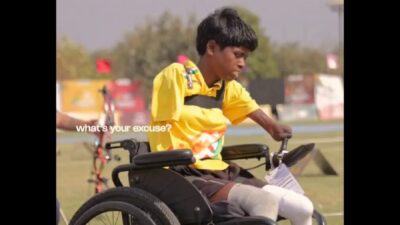
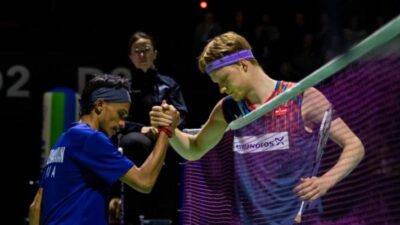
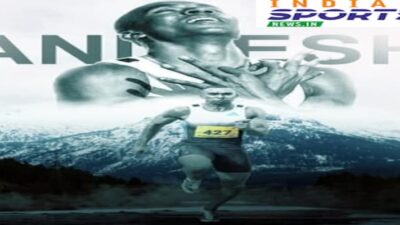


Comments